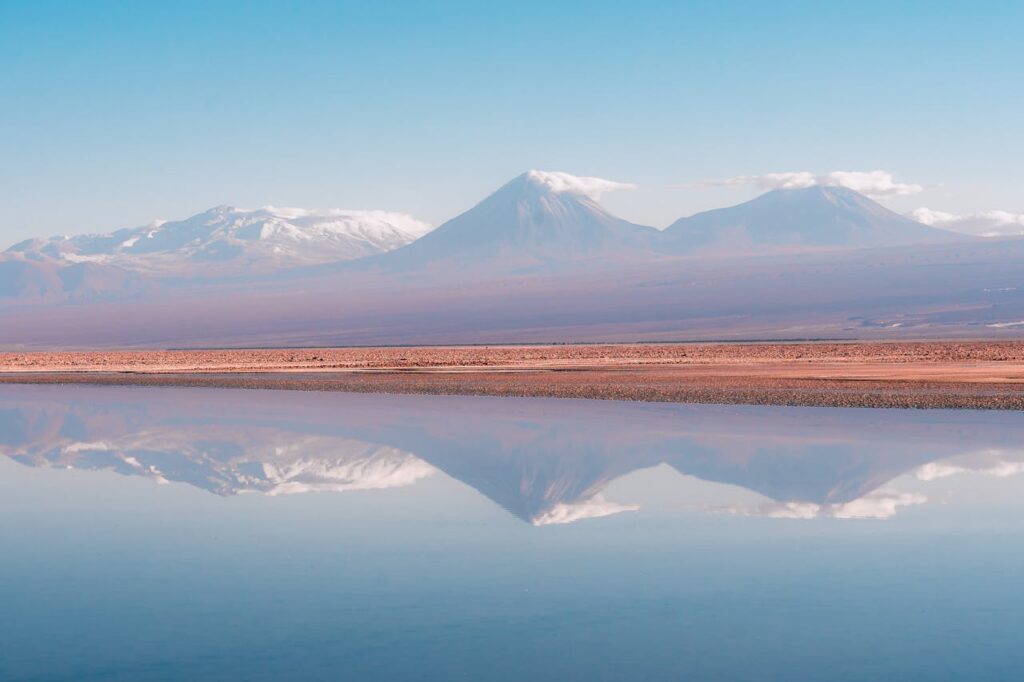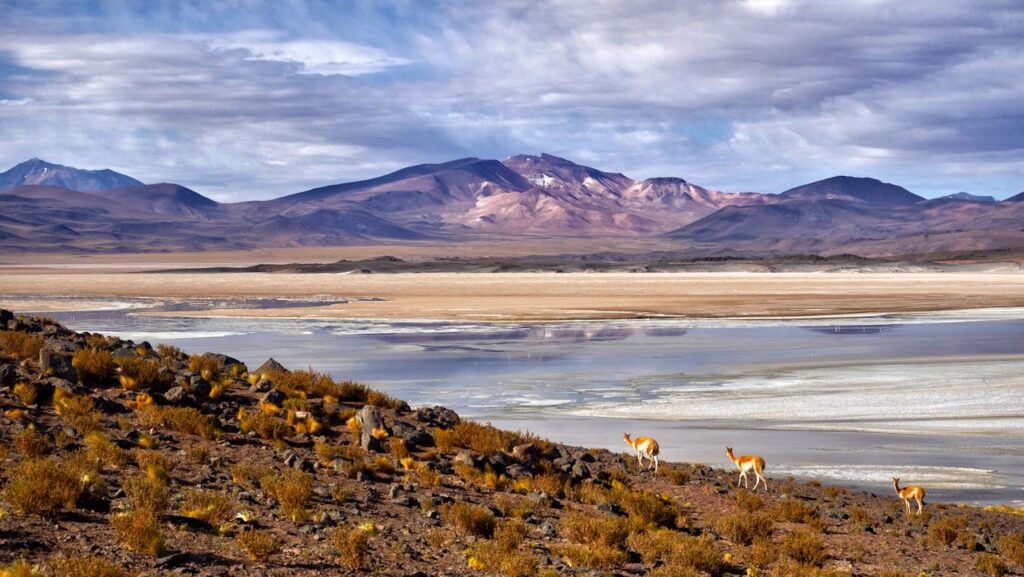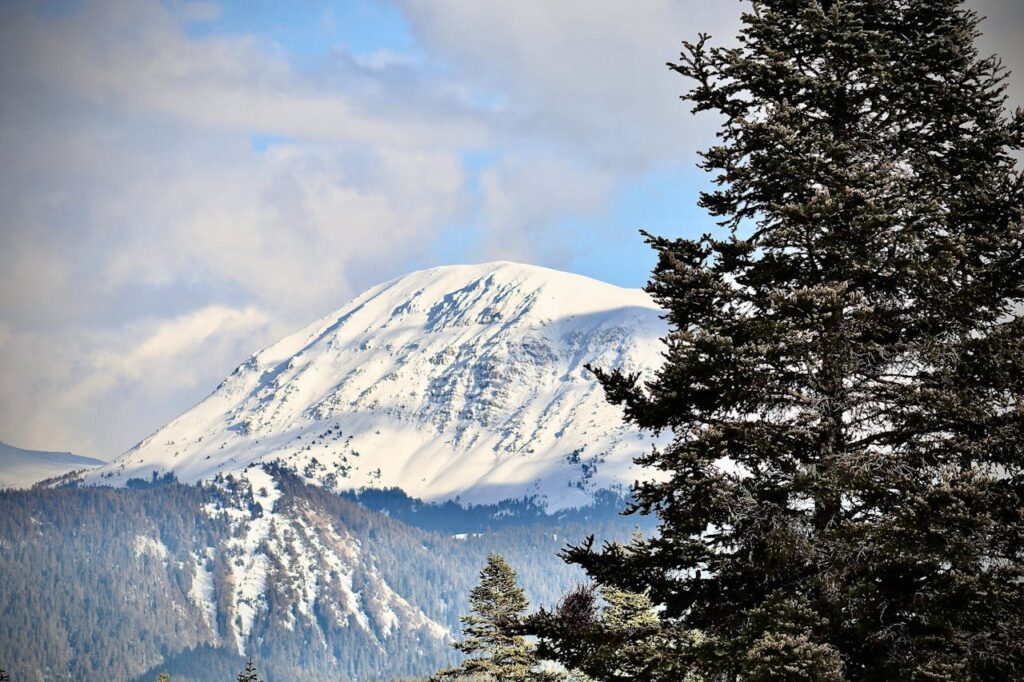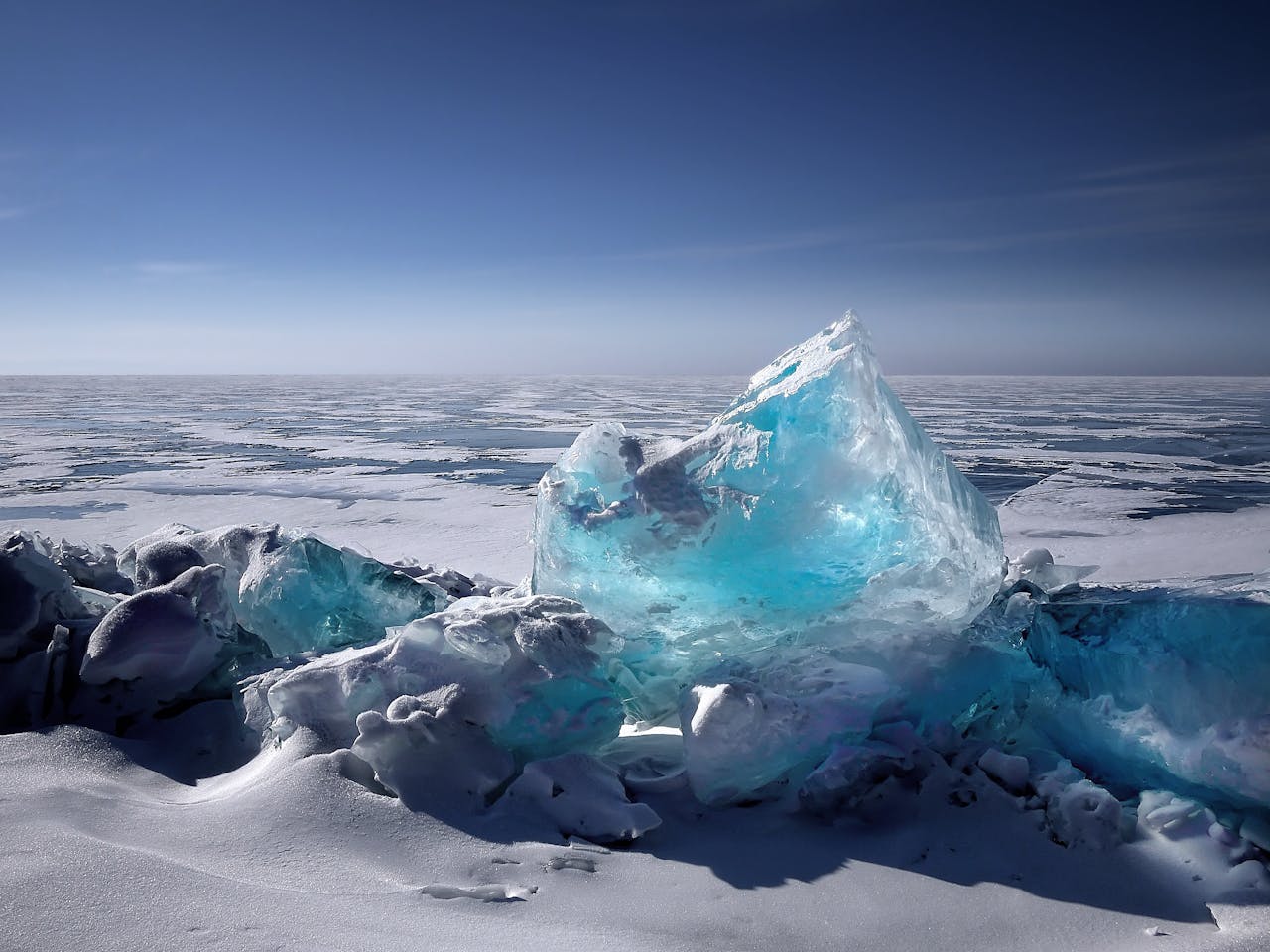The word “climate change” is used a lot these days, but what does it mean for us? The word “clima” refers to all the complex aspects of weather trends, temperature changes, and the elements of the atmosphere that shape our world. As we go about our daily lives, each season brings its difficulties and advantages. But these trends are changing a lot as clima change gets worse.
Imagine hot summers or storms that you can’t predict. These are just a few examples of how clima affects not only the world but also the choices we make every day. The weather affects everything we do, from the clothes we wear to the food we eat and even our health. It is very important to understand this link as we deal with the ongoing changes caused by global warming.
By learning more about the science behind clima change and how it affects our lives, we can find ways to adapt to a world that is always changing and face the problems that come with it. Come with me as I try to figure out how clima has affected our lives today.
The Science Behind Clima
The science behind clima change is very complicated and interesting. It looks at how the weather changes over long periods. This includes things like weather, humidity, wind patterns, and rain or snow.
Scientists look at information that comes from many places, like weather stations and satellites. These tools help keep track of how clima systems around the world change.
A big part of these changes is played by greenhouse gases. The gases carbon dioxide, methane, and nitrous oxide keep heat in the air. Warming trends are caused by this process, which affects the environment.
The weather is also affected by ocean currents. They keep the planet’s temperature stable by spreading heat around it. If these currents change, it can cause very bad weather.
To deal with the problems caused by climate change, we need to understand how the weather changes over time. We can better deal with these scientific ideas’ effects on our lives and the world if we learn more about them.
The Effects of Climate Change on Our Daily Lives
Climate change changes our daily lives in small ways. The changing of the seasons is caused by changes in the weather. Extreme heat waves may hit us in the summer, and snowstorms may hit us out of the blue in the winter.
This instability changes everything, from farming to trip plans. Farmers lose crops because of droughts or floods and find it hard to change how they do things to fit the new conditions. As supply lines respond to these changes in the weather, food prices go up and down.
The air quality is also getting worse, with more smog and allergens creating health problems for a lot of people. When pollen seasons last longer, allergies get worse and make it harder to do normal things.
Cities are also affected; cities can become “heat islands” where temperatures are much higher than in the rest of the country. This makes being outside less fun and sometimes even dangerous.
Concerns about the environment change how we spend our free time. We’ve given up flexibility as we get used to this new normal, where outdoor events are often based on the weather report.

How Climate Change Affects Our Health
Climate change puts people’s health at great risk. Rising temperatures can make people sick, especially the old and children who are more likely to be hurt by the heat. More and more heatwaves are happening, which makes thirst and heat stress more likely.
Another worry is the air quality. Respiratory problems like asthma and bronchitis get worse when there is more smog from burning and factories. Everyone is affected by bad air quality, but people who already have health problems are affected more.
Changes in the temperature also affect the spread of contagious diseases. Mosquitoes and ticks can live in more places when it’s warmer, which increases the risk of diseases like Lyme disease and malaria.
Changing weather is also bad for mental health. Disasters like natural disasters can cause trauma and stress that lasts for a long time, affecting both people and groups. Taking action on climate change is necessary to protect public health because these health problems are linked.
The Economic Impact of Climate Change
Climate change is a big problem for businesses all over the world. When weather trends change, crops may not produce as much, which can cause food shortages and price hikes. Farmers may have a hard time when it rains and temperatures change quickly.
Buildings and roads are also in danger. Rising sea levels pose a threat to seaside towns, forcing them to make expensive changes or move. These changes will put a strain on public funds and cost people a lot of money.
Natural events like storms and floods are making more people file insurance claims. This means that both homes and businesses will have to pay more for their insurance.
The job market is also hurt. Tourism and fishing, which depend on stable weather, could experience big changes that put people out of work in areas that aren’t ready for them.
The way people invest their money is also changing. More and more businesses are trying to be more environmentally friendly, but making the switch costs money upfront, and many people can’t pay for it without help from the government or banks.
Steps to Mitigate the Effects of Climate Change
To lessen the impact of climate change, people need to work together at many levels. First, using green energy sources can cut carbon pollution by a huge amount. Hydroelectricity, solar power, and wind power are all long-term options for fossil fuels.
Second, it’s very important to make homes and companies more energy efficient. Taking simple steps like switching to LED lights or better insulation can make a big difference.
Being involved in the community is also very important. Getting involved in neighborhood environmental projects makes friends more aware and encourages them to take action.

Reducing trash by recycling and composting also helps keep landfills from getting too full. This not only saves resources but also cuts down on greenhouse gas pollution.
It’s just as important to push for policy changes. Long-term answers on a bigger scale come from supporting laws that put protecting the environment first.
By learning about sustainable habits and teaching others, we can build a society that is ready to face these problems head-on.
Personal Actions to Combat Climate Change
When it comes to fighting climate change, every little thing counts. Small changes to how you live can have a big effect. Start by making your house use less energy. Turn off lights and unplug things that aren’t being used.
Think about your options for getting around as well. You can leave a much smaller carbon impact if you walk, ride a bike, or take the bus. If you drive, try to share a ride with someone else.
Another important choice is switching to a plant-based diet. The earth benefits from everyone cutting back on meat once a week.
Help out local companies that care about the environment. Buying goods that are made close to home reduces pollution from traffic and helps your community’s income.
Push for laws in your area that are good for the environment. Talk to neighborhood leaders and take part in talks about green practices and projects that use renewable energy.
Every action taken helps raise knowledge about climate change and gets more people to join the fight.
Ways to Adapt and Mitigate the Effects of Clima Change
To deal with clima change, we need new ways of doing things. Green infrastructure, like rain gardens and porous sidewalks, can help communities deal with water problems and provide a home for animals.
Sustainable farming methods are also important. Crop rotation and organic farming methods help keep the land healthy and cut down on the need for chemical pesticides. These methods make people more resistant to extreme weather.

Getting educated is very important. Making people more aware of clima problems gives them the information they need to make smart choices in their daily lives. Community events and workshops help people work together.
Carbon impacts are greatly reduced by building homes that use less energy. Simple changes, like adding better insulation or using energy from green sources, help fight climate problems in a big way.
Supporting neighborhood projects builds community ties and addresses clima issues at the local level. Every little bit of work counts toward a better future for everyone.
Conclusion
We can’t deny that clima change is happening, and it touches every part of our lives. The effects are felt in many places, from the air we breathe to the food we eat. Knowing about climate helps us understand how our world is changing, and often at a scary speed.
We have seen for ourselves how climate change changes the weather, causing big storms and long droughts. These changes affect not only farming but also the quality and amount of water available. The effects go through countries, putting a strain on resources and changing people’s ways of making a living.
Along with these changes come changes in our health. Heatwaves that happen more often can make health problems worse and create new ones. People who are already weak often feel the effects the most, which shows how important it is to act right away.
The effects on the economy are just as important. Uncertainty affects industries that depend on stable weather, such as farming, tourism, insurance, and more. To deal with these changes, you need to plan and put money into environmentally friendly methods.
To slow down climate change, everyone from people to states needs to work together. When a lot of people do simple things like recycling or taking the bus, they make a difference.
Adapting means using both new and old ways to make yourself more resistant to the natural changes in the climate.
Every step we take toward understanding climate gives us hope and a chance to make the world a better place for future generations.
